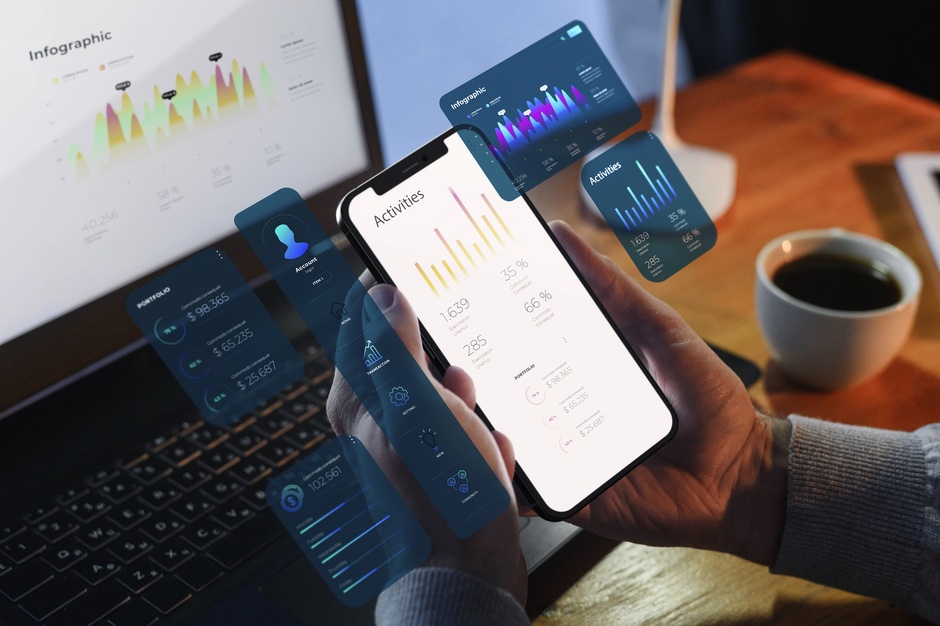Understanding Applications: The Building Blocks of Modern Technology
In today’s digital age, applications, often referred to as apps, have become an integral part of our daily lives. From smartphones to computers, application power a wide range of tasks and services. But what exactly is an application, and how does it work?

Defining an Application
An application, in simple terms, is a software program designed to perform specific tasks on a computer system. Hence, it’s essentially a tool that interacts with the user or other application to accomplish a particular goal. However, applications can be as simple as a basic calculator or as complex as a sophisticated enterprise resource planning (ERP) system.
Types of Applications
Applications can be categorized into various types based on their functions and target users:
- Desktop Applications: These are install on individual computers and run locally. Examples include word processors, spreadsheets, and web browsers.
- Mobile Applications: They design for smartphones and tablets, these apps are typically download from app stores. An app development dubai can range from games and social media platforms to productivity tools and utility apps.
- Web Applications: These run in a web browser and are access through the internet. Examples include online banking, email services, and e-commerce platforms.
- Enterprise Applications: These are designed for large organizations and are used to manage various aspects of business operations, such as finance, human resources, and supply chain management.
How Applications Work
Application interact with the computer’s hardware and operating system to perform their tasks. Instead, they use the computer’s processor, memory, and storage to execute instructions and process data. Besides, the application’s code, written in a programming language, determines its functionality and behavior.
When you launch an application, it loads its code into the computer’s memory and establishes communication with the operating system. The operating system provides the application with resources and handles tasks like input/output operations and memory management.
The Role of Application Development
Application development is the process of creating application. It involves a team of application development dubai, not only including programmers, designers, but also testers, who work together to design, develop, and test application. The development process typically follows a structured methodology, such as Agile or Waterfall, to ensure efficient and effective development.
The Impact of Applications
Applications have had a profound impact on our society. However, they have transformed the way we work, communicate, learn, and entertain ourselves. Some key benefits of application include:
- Increased efficiency: Application can automate repetitive tasks and streamline processes, saving time and effort.
- Improved accessibility: Application can make information and services more accessible to a wider audience, including people with disabilities.
- Innovation and creativity: Application can foster innovation and creativity by providing new tools and platforms for expression.
- Economic growth: The development and use of application have created new industries and jobs, contributing to economic growth.
In conclusion, application are essential tools that play a crucial role in our modern world. They provide us with a wide range of functionalities, from simple tasks to complex business operations. As technology continues to evolve, we can expect to see even more innovative and powerful application emerge in the future.